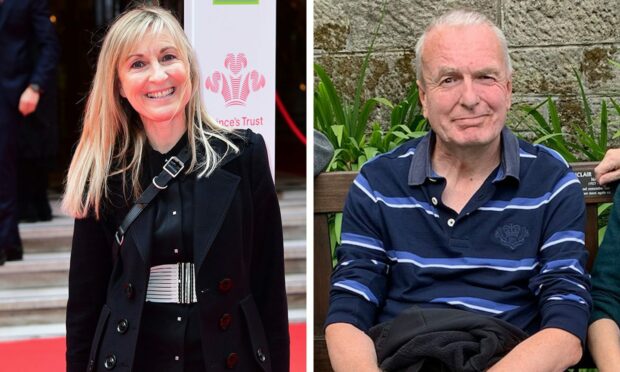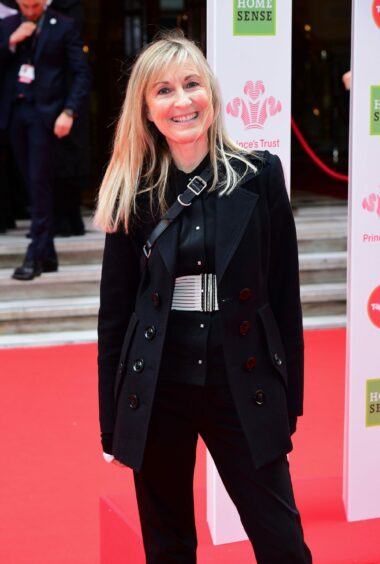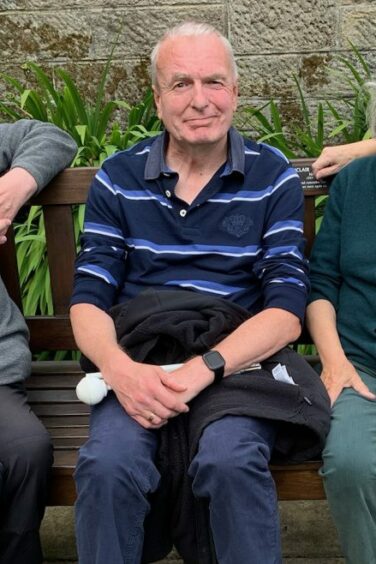The news this week that Fiona Phillips has Alzheimer’s was a shock to many.
At just 62 year’s old, the bubbly and vibrant former TV presenter did not fit the usual image of a dementia patient.
However, in Cruden Bay there was at least one person who was not surprised at all.
“It’s terrible for Fiona,” says Martin Robertson, 65, who received a similar life-changing diagnosis eight years ago.
“But it does raise awareness that younger people can get it.”
Breaking the stigma of dementia
Martin was diagnosed with posterior cortical atrophy, a disease similar to Alzheimer’s, at the age of just 58.
At the time, a doctor told him he would likely be in a care home within five years.
Today, Martin continues to live an independent life.
He is also very busy. Recently, he worked with the UK government on its new national dementia strategy.
And as one-quarter of the Scottish Dementia Alumni, he develops games and quizzes for primary schools to raise dementia awareness.
Indeed, when working with children, one of the points Martin is keen to make is that people with dementia can continue to make a contribution to society.
In this he agrees with Phillips, who this week voiced concern over the image of dementia patients as “old people, bending over a stick, talking to themselves”.
Phillips, who was diagnosed a year ago and is undergoing an experimental treatment, told the media that that she is “still here, getting out and about, meeting friends for coffee, going for dinner with [husband] Martin and walking every day”.
Martin says Phillips’ words are important in combating the stigma of dementia.
“People can see that she’s still with it,” he explains. “She’s not the archetypal granny in the corner, sitting there doing nothing.”
Dementia affects people in many different ways
Martin also says too few people are aware that dementia can affect people in different ways.
While his posterior cortical atrophy is progressive, it does not at this time affect his memory.
His main symptom is ‘brain blindness’, a condition that affects his sight. His eyes are fine but the part of the brain that processes visual images is damaged.
“Everyone with dementia is different,” Martin says. “Most people don’t see that, but we all are.”
As for Phillips, Martin says she is relatively lucky.
“She has a good support network,” he explains. “And she has gone on to some advanced trials, which is good for her and good for her future. That is something that is too late for me.”
And while Martin remains hopeful that announcements like Phillips’ this week will continue to change the public stereotype around dementia, and the assumption it only affects the old, he knows there is still much to do.
“To be honest, until I got dementia, I didn’t think you could get it until you’re 65,” he says.



